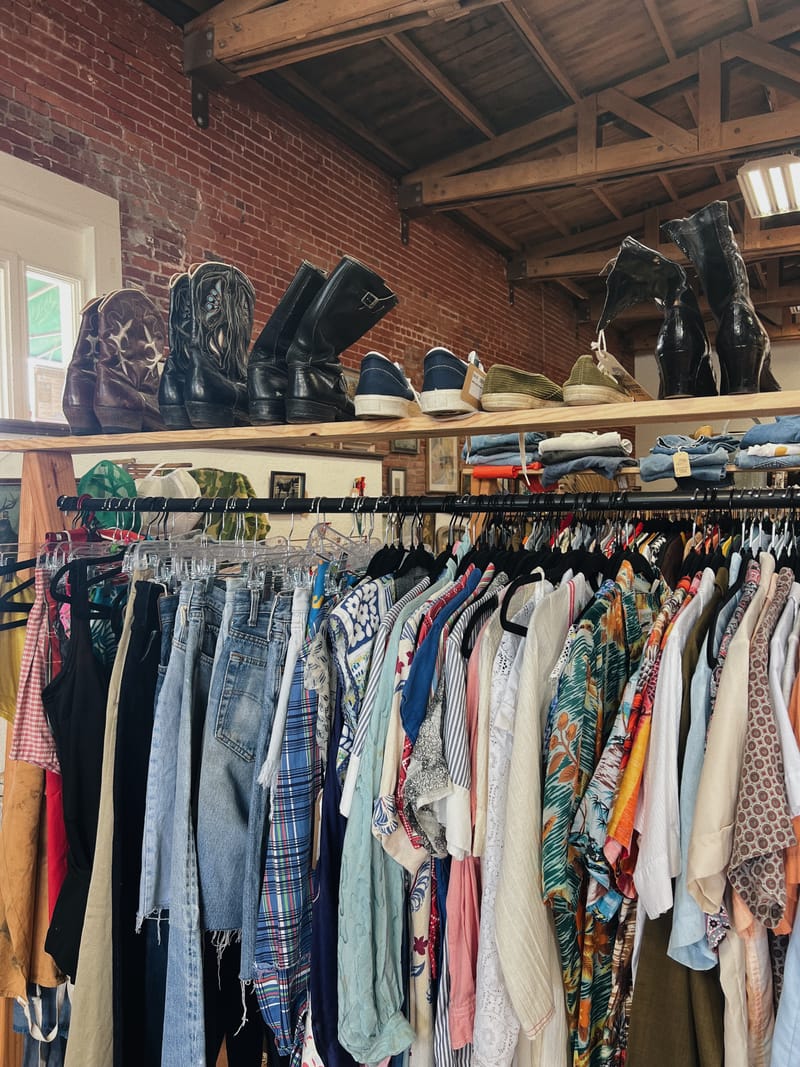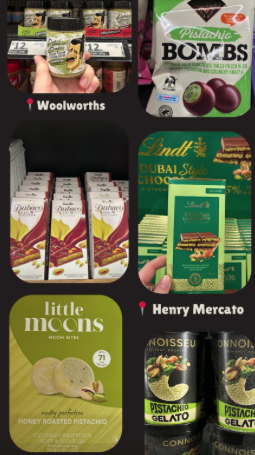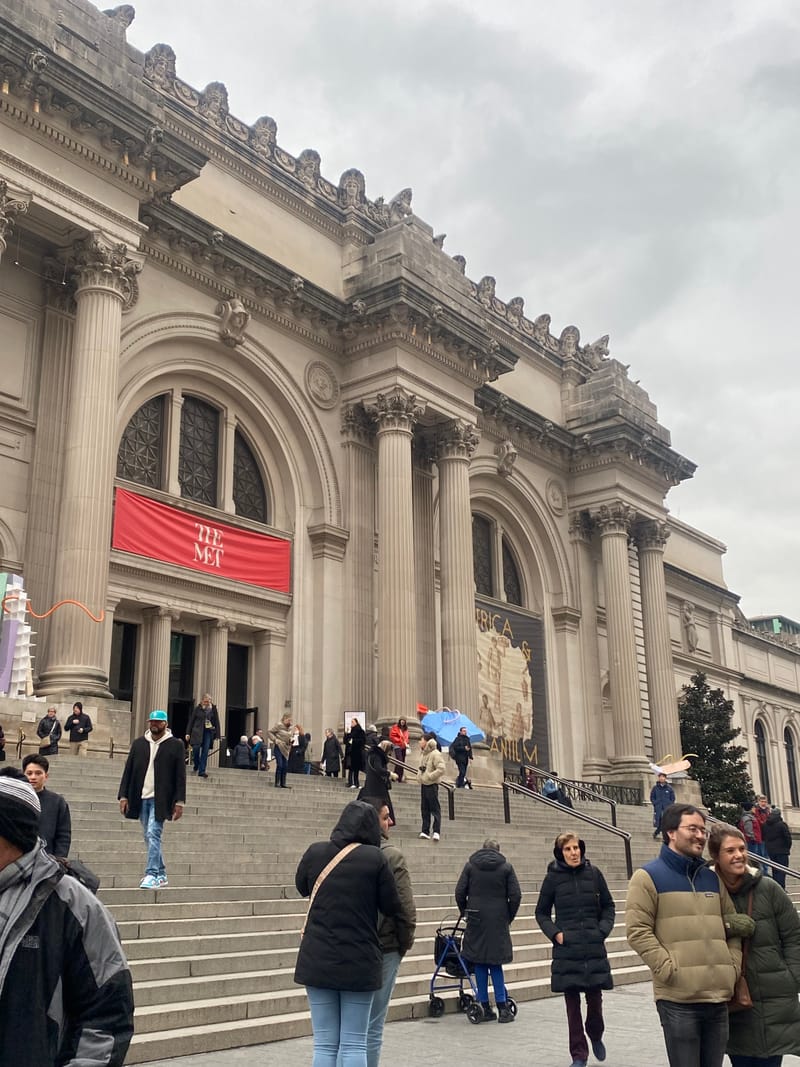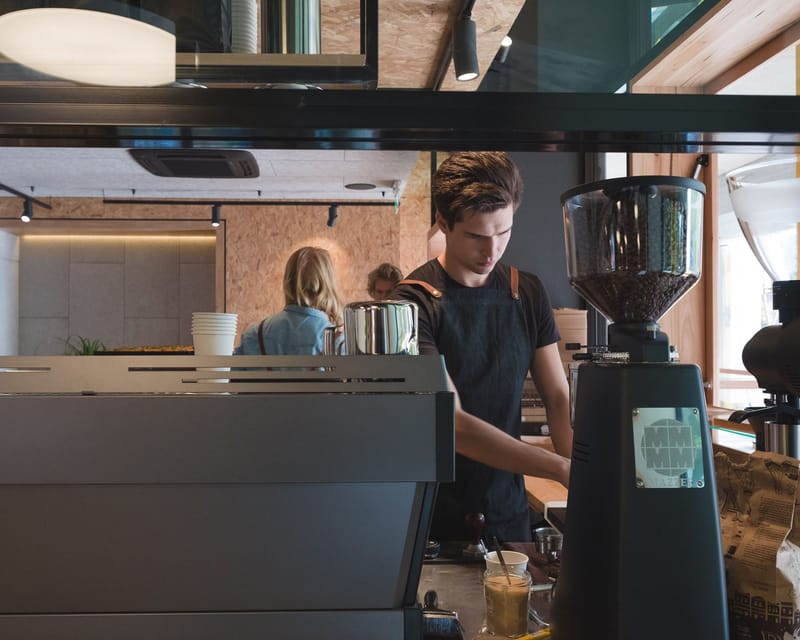No Roadmap: Consumers and brands alike struggle to navigate sustainable fashion
Consumers and designers join a chorus of voices calling for the development of sustainable fashion standards to help navigate the industry.

BY AMANDA GUNN
The need for sustainable fashion brands is becoming increasingly pressing, with the fashion industry now responsible for 10% of the world’s carbon emissions.
Without regulations determining what makes a label sustainable, it is near impossible for both consumers and brands to determine which garments and brands are environmentally friendly.
Slow fashion advocate and freelance writer Maggie Zhou says the difficulty with sustainable fashion is that the definition is so loose anyone can label themselves as “green”.
“My definition of sustainability involves the workers' rights, ensuring they are paid a living wage and the environmental impacts, such as how big production is, ” Ms Zhou said.
Reading through websites, looking at factory accreditations and engaging in direct conversations with the brand are all ways consumers can avoid being greenwashed, Ms Zhou suggests.
One of the major reasons people support sustainable brands is because it aligns with their beliefs.
“People shop in-line with their values, even if their production might not be the most ethical,” she said.
For Ms Zhou, supporting small and Black-owned brands is most important for her values.
Small Melbourne-based label Vesper.co is standing out in the fashion industry due to its environmental approach to streetwear.
Ilah Watson initially started Vesper.co as a vintage label in 2017 selling thrifted and upcycled fits.
Two years later, Ms Watson’s love for sewing along with her mother’s expertise in the fashion industry inspired her to turn Vesper.co into a label.
“There is a need for people to do better in the fashion industry,” Ms Watson said.
Vesper.co differentiates itself from mainstream fashion brands by producing small clothing drops to reduce landfill, using recycled fabrics from Rathdowne, and manufacturing in ethical factories.
However, remaining sustainable is expensive, especially for small labels starting up.
“As the brand continues to grow, it is more challenging to remain ethically conscious, yet increasingly important,” Ms Watson said.
Sustainability is not the only way Vesper.co tries to stand out. Ms Watson strives to create inclusive clothing and urges customers to send back any items that do not fit, so she can personally alter them.
“[When purchasing with Vesper.co] customers should feel hot and comfortable in the clothing,” she said.
Feeling good and expressing yourself through clothing is also key to co-founders of Push Pull Jesse Toniolo and Vincent Adduci.
Similar to Vesper.co, Push Pull initially started in February 2019 as a vintage upcycling label and then evolved into its own brand.
“Inspired by American fashion culture, we wanted to create a community through fashion,” Mr Toniolo said.
With their customers the focus of their brand, Push Pull prides itself on transparency.
Mr Toniolo said the brand strived for sustainability by using recyclable shipping bags, releasing small drops and promoting thrifting.
Unlike fast fashion companies that use sustainability as a marketing tactic and a form of greenwashing, Push Pull is honest with its customers.
“We aren’t trying to pretend that we are 100 per cent sustainable. For a small business, it is not realistic,” Mr Adduci said.
“Our brand is very personal, and we are almost selling ourselves along with the brand,” Mr Toniolo said.
With one in three small businesses failing in their first year, standing out is key.
In the past two years, Push Pull has run events, collaborations with brands like Yochi, and frequently hand out free clothing.
Toniolio and Adduci said Push Pull thrives on taking risks and hopes to break down male stereotypes around creativity and fashion.
“We push the boundaries to cater for everyone,” Mr Adduci said.





